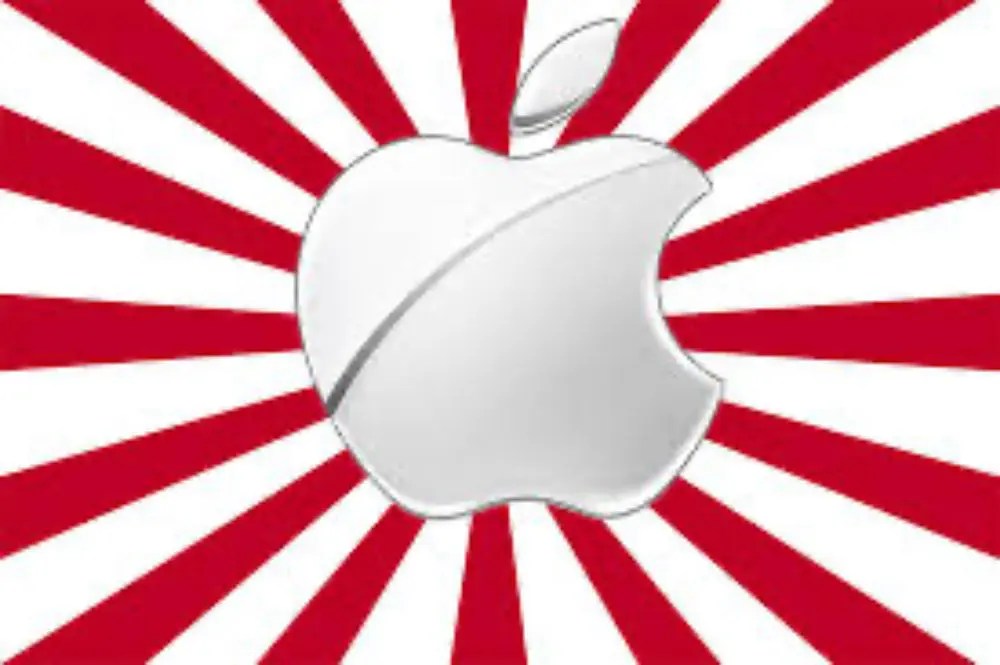Japan will make app store operators like Apple and Google responsible for paying consumption taxes on content sold by foreign developers, “to more effectively recover levies collected by small companies with no physical presence in Japan,” reports Nikkei Asia.
The change, which was detailed in a Finance Ministry report released Tuesday, aims to create a more level playing field for Japan-based content creators that can more easily be taxed directly, the article adds. Guidelines from the Organisation for Economic Cooperation and Development state that digital content should be taxed in the country or region where the content is consumed.
The current consumption tax is 10%, which Apple would likely pass to its developers. This would mean that, atop the company’s 15% to 30% revenue share on App Store sales and subscriptions, the tech giant would add 10% on top to pay for the consumption tax in Japan.
This isn’t the first brush-up between Apple and Japan’s government. Last month Apple defended its in-app payments policies to the government of Japan, according to Macotakara (as translated). The country’s Digital Market Competition Council of Japan’s Diet produced its Competition Assessment of the Mobile Ecosystem in June.
In April 2022 the Council said that the government will consider ways to prohibit acts that could have a negative impact on competition, without being bound by limits under current regulations. Possible regulatory options will include ensuring thorough disclosure of information on operating systems and other rule changes by tech giants
From Apple’s statement, per Macotakara: Apple has carefully designed devices and ecosystems focused on security, privacy, and performance. For the reasons described below, Apple opposes the proposal of the Digital Market Competition Headquarters of the Cabinet Secretariat. Apple has already submitted detailed materials for past proposals of the Cabinet Secretariat Digital Market Competition Headquarters, so we will repeat only important points in this submission.
A centralized distribution of apps is the key to Apple’s multi-layered approach to security, privacy, and performance. The distribution of centralized apps on iOS is not an abstract concept. The centralized distribution of apps by Apple’s App Store, along with other factors such as secure hardware and software protection, is an essential element of Apple’s multi-layered approach to security. By distributing apps centrally, it prevents the spread of malware and fraudulent apps, and promotes clear accountability and consistency of privacy management ※. Human-handed App Review, supported by tools and automated processes, protects applicants from unsafe, harmful, inappropriate, exploitative, fraudulent or fraudulent content. It also protects against malware in this way and ensures that data privacy and other laws are complied with 3. Apple’s approach makes i0S the most secure consumer computing platform in the world. The distribution of a centralized app is the core element that makes this happen.
Any change in the distribution of a centralized app will compromise the current security level. Changing Apple’s centralized app distribution model will put all users at greater risk, regardless of whether they are sideloading or authorized by a third-party app store.
Article provided with permission from AppleWorld.Today

